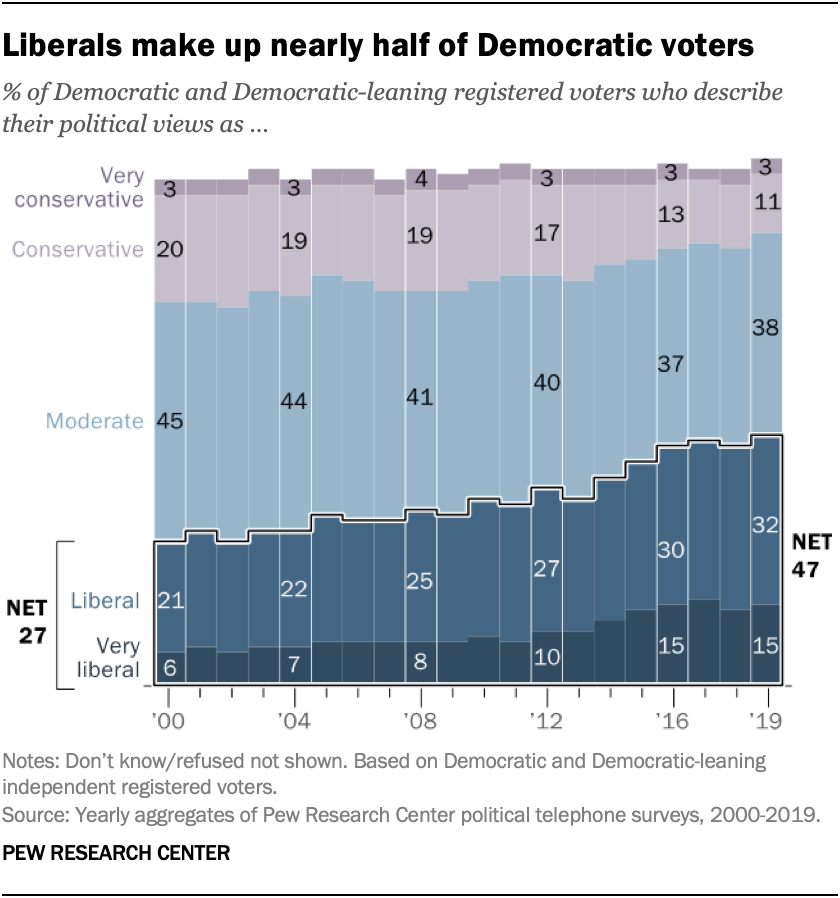All of them.
Literally every single item on your list is popular now.
Policies with the support of an outright majority of people are popular policies.
That is inherent in the meaning of the word “popular”.
There are also popular people who think evil aliens exert malicious influence on human brains.
But this has limited relevance for politics.
You start by making the position popular.
A political party should base exactly 0% of its electoral campaigns on positions that are disfavored by the majority of voters in its own party.
Activists need to convince the public first, or else win legal victories not dependent on elections, before major elected officials start waving the banner on these issues.
Interracial marriage is actually an instructive example.
It’s the only item on your list that was wildly unpopular at the time of legal victory (Loving v Virginia). And what did civil rights leaders of the 60s do on the topic?
They de-emphasized it in their pursuit of goals that were more broadly popular at the time. The Civil Rights Act, for example, had an outright majority of public support even during the 1960s. That doesn’t mean that civil rights leaders didn’t believe in the issue. MLK, for example, clearly said that he thought it should be legal. But he also stated that it was not a primary goal, as he downplayed concerns that other civil rights gains would lead to more interracial marriages. “School integration has not led to an increase in [interracial] marriages. The basic aim of the Negro is not to become the white man’s brother-in-law, but his brother.”
Civil rights leaders of the time were incredibly sophisticated about message discipline, on such an extreme level that practically no one understands it today.
But then, they had legitimate goals they were genuinely trying to achieve.
It wasn’t just empty moral posturing for them. They actually cared if they succeeded, rather than the unfortunate strain of people who care merely about being seen in public furiously flying the correct flag while being utterly indifferent to actual political success which has a chance of making people’s lives better. There is an unfortunate tendency of the internet that it can seem to signal boost empty but furious flag waving, to the detriment of sophisticated and effective political organization.
Elected officials should, of course, support policies they believe to be good even if the majority of people in their own party disagree.
They should also de-emphasize those policies for the present, and instead emphasize policies with broader support. That is, if they care about building a winning coalition more than they care about their own celebrity.


